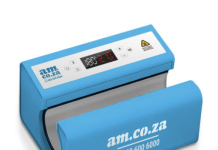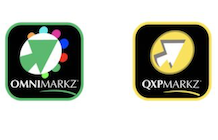Up until now, Ghent Workgroup (GWG) specifications were released in a document that described all requirements and had tables for each variant to specify which requirements were used for each variant.
As the specifications became more technical and more complex, this proved to be difficult to work with. GWG 2022 is released instead as a highly structured spreadsheet, which clearly defines definitions, requirements and variants. The definitions and requirements have been rewritten in a more standardised and exact fashion and include unique IDs, version numbers and more to make it easier for software vendors to work with them.
The last major GWG specification was released in 2015. Since then, separate efforts took place for specific market segments such as sign and display, digital print and packaging, but there was no real consolidation into the base specification.
This made it more difficult to use the specification and more difficult for the Ghent Workgroup to evolve it. The GWG 2022 specification changes that by introducing new innovations on a new, streamlined, specification format.
‘For printers, publishers and creatives, the most important question is what GWG 2022 can improve for them,’ said David van Driessche, Executive Director of the Ghent Workgroup and CTO at Four Pees. ‘The major novelty in GWG 2022 that people will notice is the possibility to improve preflight results by cutting down false positives – preflight errors that are reported but really shouldn’t be because they would never cause production problems. For the application vendors working with GWG 2022, it is mostly the new specification format that makes their life easier.’
Over the last years, several vendors created technology designed to cut back on the number of false positives during preflight. Users want to stop a file because of an image if it is totally clipped away or covered by other page content for example. The GWG 2022 specification makes it possible for such technology to be used and defines the rules. This means that a preflight using GWG 2022 compliant profiles allows users to focus on those files that really would cause problems.
In label and packaging workflows, a major new ISO standard (known as ISO 19593-1) was introduced that makes it possible to identify elements in a design needed for specific processing steps. The easiest example is perhaps that it provides a good way to identify cut and fold lines in a complex design. The GWG 2022 specification includes support for the Processing Steps standard and identifies which processing steps should and should not be present for different packaging products.
GWG
https://gwg.org/















